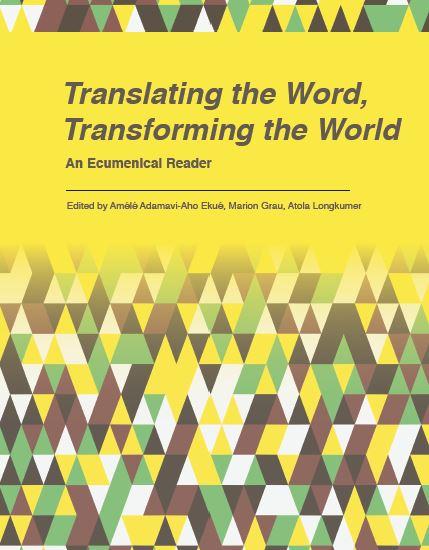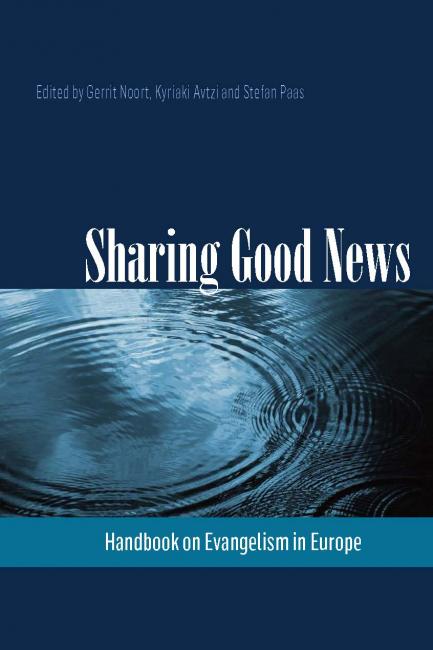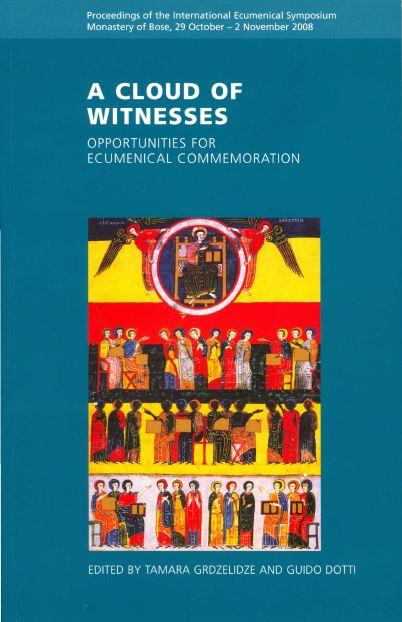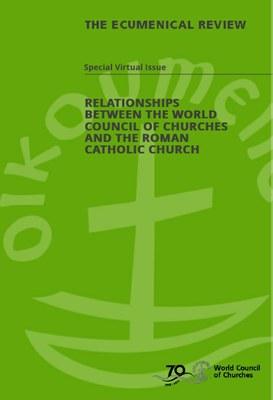Displaying 61 - 80 of 80
Devotions from the World Council of Churches Conference on World Mission and Evangelism.
17 May 2019
Moving in the Spirit
Report of the World Council of Churches Conference on World Mission and Evangelism
17 May 2019
Arusha Report
17 May 2019
Current dialogue
18 December 2018
International Review of Mission
05 December 2017
Arusha Resources
16 November 2017
Growth in Agreement IV:
International Dialogue Texts and Agreed Statements, 2004–2014, Volumes 1 and 2
01 February 2017
Called to Be the One Church: Faith and Order at Crete
Report of the 2009 Meeting of the Plenary Commission — Faith and Order paper No.212
15 February 2012
One Baptism: Towards Mutual Recognition - A Study Text
Faith and Order Paper No. 210
01 January 2011
A Cloud of Witnesses: Opportunities for Ecumenical Commemoration
Faith and Order paper No.209
01 February 2010
The Ecumenical Review
01 January 1970
















